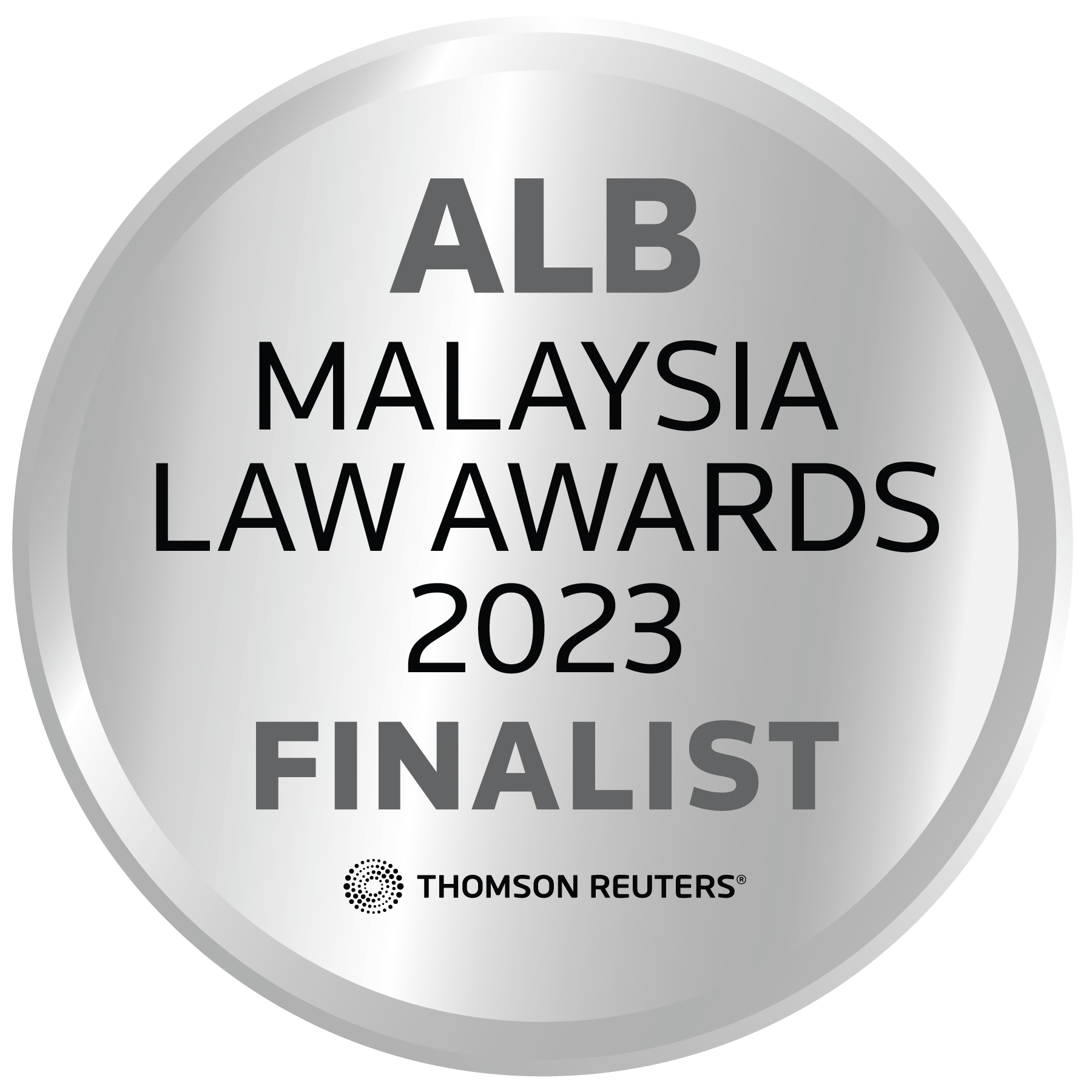The new section 106A of the Income Tax Act (“ITA”) came into operation on 1 January 2022. Section 106A of the ITA is reproduced in full at the end of this article.
Much has been said about the new section 106A of the ITA and there appears to be an impression that the enactment of the section will mean that the Inland Revenue Board (“IRB”) will have unlimited access to taxpayers’ bank accounts.
This, however, is not the case. It is clear from subsection 106A(1) of the ITA that the IRB’s power to require a taxpayer’s bank account information to be furnished is not unlimited – it can only be exercised in limited circumstances, namely where:
(i) civil proceedings have been instituted against the taxpayer under section 106 of the ITA (i.e. where a civil suit has been initiated against the taxpayer to recover taxes that remain unpaid); and
(ii) a judgment has been obtained against that taxpayer (i.e. the court has decided that the taxpayer must pay the taxes).
It is also clear from subsection 106A(1) of the ITA that the IRB’s power under section 106A of the ITA is only “for the purpose of making an application to court for a garnishee order”. This means that this power can only be exercised for the purpose of enforcing a judgment (via a garnishee order) obtained against the taxpayer for the payment of taxes and not for any other purpose. In essence, a garnishee order is a court order requiring a third party who owes money to the judgment debtor to pay the money to the judgment creditor instead. As example of this is as follows:
ABC Sdn Bhd (“ABC”) sued DEF Sdn Bhd (“DEF”) for RM 1 million and was successful in court. GHI Sdn Bhd (“GHI”) owes DEF RM 2 million. ABC can apply for a garnishee order from the court requiring GHI to pay RM 1 Million instead of DEF
There are therefore inherent safeguards for taxpayers set out in section 106A of the ITA itself. In fact, the IRB issue a media statement on 18 December 2021 titled “AKSES KE AKAUN BANK PEMBAYAR CUKAI ADA BATASNYA” (“ACCESS TO TAXPAYERS’ BANK ACCOUNTS HAS ITS LIMITS”) which reiterates that the IRB’s power under section 106A of the ITA can only be exercised in limited circumstances, namely for cases where the court has made a garnishee order.
That being said, it is understandable that some remain sceptical about this enlargement to the IRB’s already wide powers under the ITA. As Uncle Ben said, “with great power, comes great responsibility”. One question in some taxpayers’ minds is whether the bank account information obtained by the IRB for the purpose of garnishee proceedings could then be used as a basis for a new audit or investigation on the taxpayer on other issues.
Taxpayers have in the past successfully challenged the IRB’s use of their powers. 2 recent cases come to mind:
- Genting Malaysia Berhad v Ketua Pengarah Hasil Dalam Negeri (WA-25-83-02/2020)
In this case, the taxpayer successfully challenged the IRB’s decision to request the taxpayer’s database of its customers’ personal data. The taxpayer took the position that since the IRB had not commenced any investigation, the IRB’s request contravened the Personal Data Protection Act 2010. The High Court ruled in favour of the taxpayer. The IRB appealed against the High Court’s decision and the matter is now pending before the Court of Appeal. - Ketua Pengarah Hasil Dalam Negeri v Bar Malaysia [2022] 1 CLJ 81
In this case, the Malaysian Bar successfully challenged the IRB’s view that the IRB is entitled to carry out raids on law firms and conduct audits on the firm’s client’s accounts, even insisting on having sight of accounting books and records pertaining to the accounts. The Malaysian Bar took the position that the documents and information sought by the IRB were protected by solicitor-client privilege. Both the High Court and the Court of Appeal ruled in favour of the Malaysian Bar. The matter is now pending before the Federal Court.
For now, it remains to be seen how this new power will be used by the IRB. Taxpayers can however rest assured that protection can be sought from our courts where there is any abuse or improper use of power.
Disclaimer: The information contained herein is for general information and does not constitute legal advice rendered by the Firm. The Firm will not accept liability for any loss or damage in connection with the use of information contained in this article.
Feel free to consult us should you require any legal consultation.
Section 106A of the ITA - Power to call for bank account information for purpose of making garnishee order application
- Where civil proceedings have been instituted against a person under section 106 and a judgement has been obtained against the person, the Director General may by notice under his hand require any financial institution to furnish within a time specified in the notice, the bank account information of that person, if any, for the purpose of making an application to court for a garnishee order.
- Where a financial institution is required to furnish bank account information in accordance with subsection (1), that financial institution shall not disclose to any person that such request was made to the financial institution.
- In this section, “financial institution” means –
- any person licensed under the Financial Services Act 2013 to carry on a banking business in Malaysia;
- any person licensed under the Islamic Financial Services Act 2013 to carry on an Islamic banking business in Malaysia; or
- any development financial institution prescribed under the Development Financial2 Institutions Act 2002 [Act 618]



